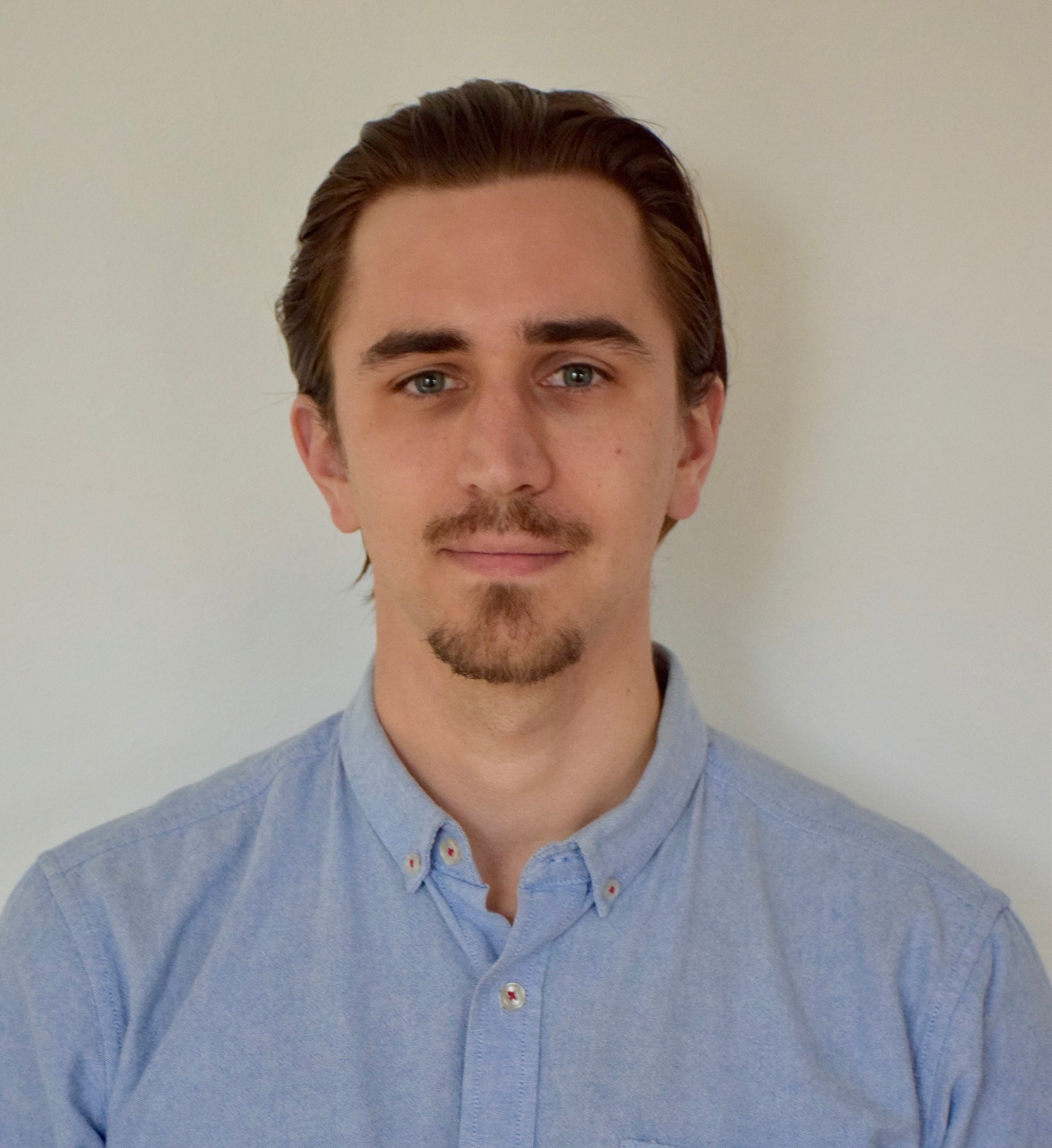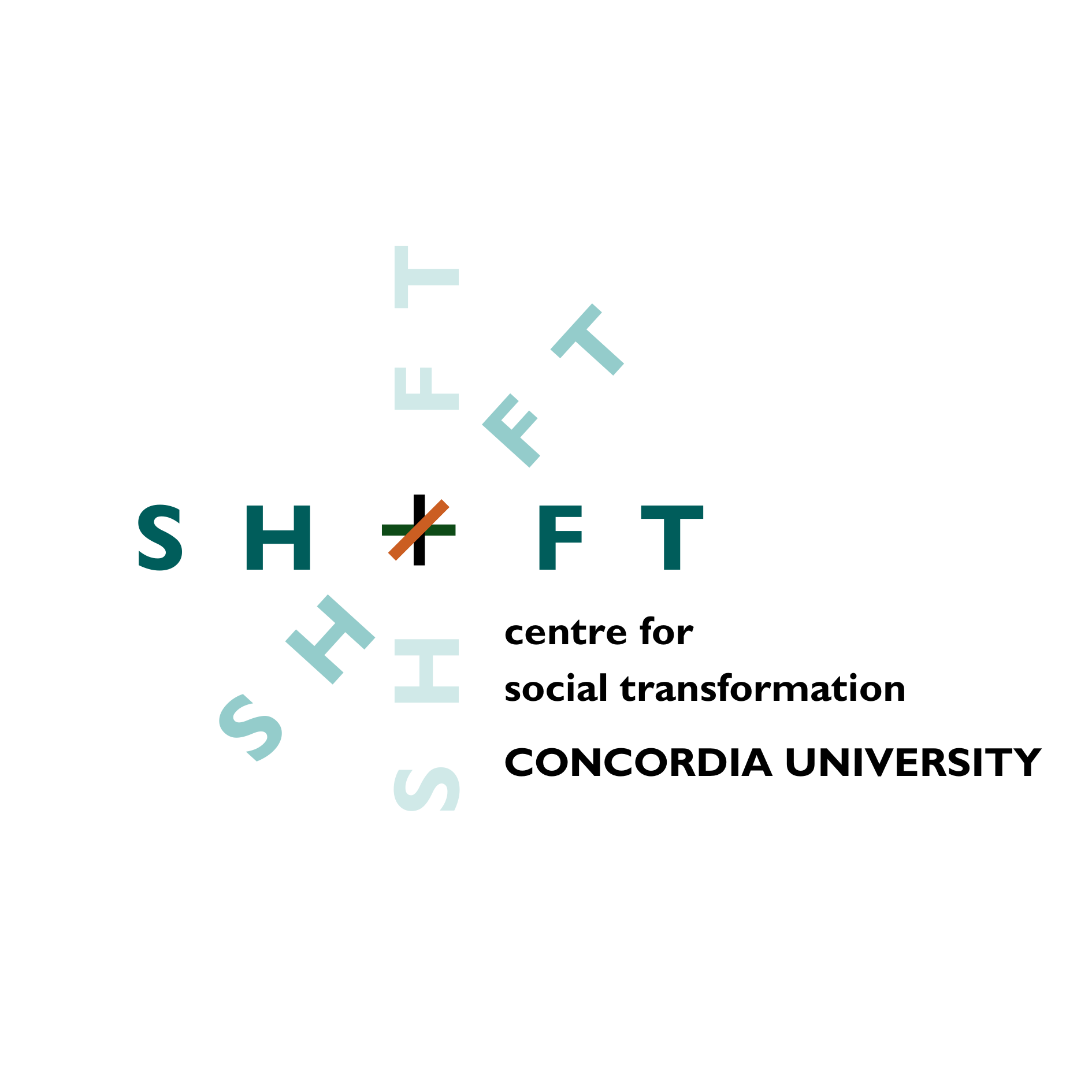Bengi Akbulut
Member since 2026
Program hubs
Focused on our core areas of operations, the program hubs play a key design and decision making role to ensure that our activities and outputs stay on track.
Research and Advocacy Hub
The Research and Advocacy Hub works to ensure that SHIFT’s supports for community-university research and advocacy collaborations develop in alignment with SHIFT’s values, mission, and vision while being driven by the priorities of our partners and nourished by best practices from the field.
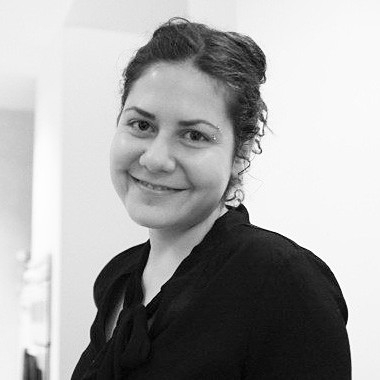
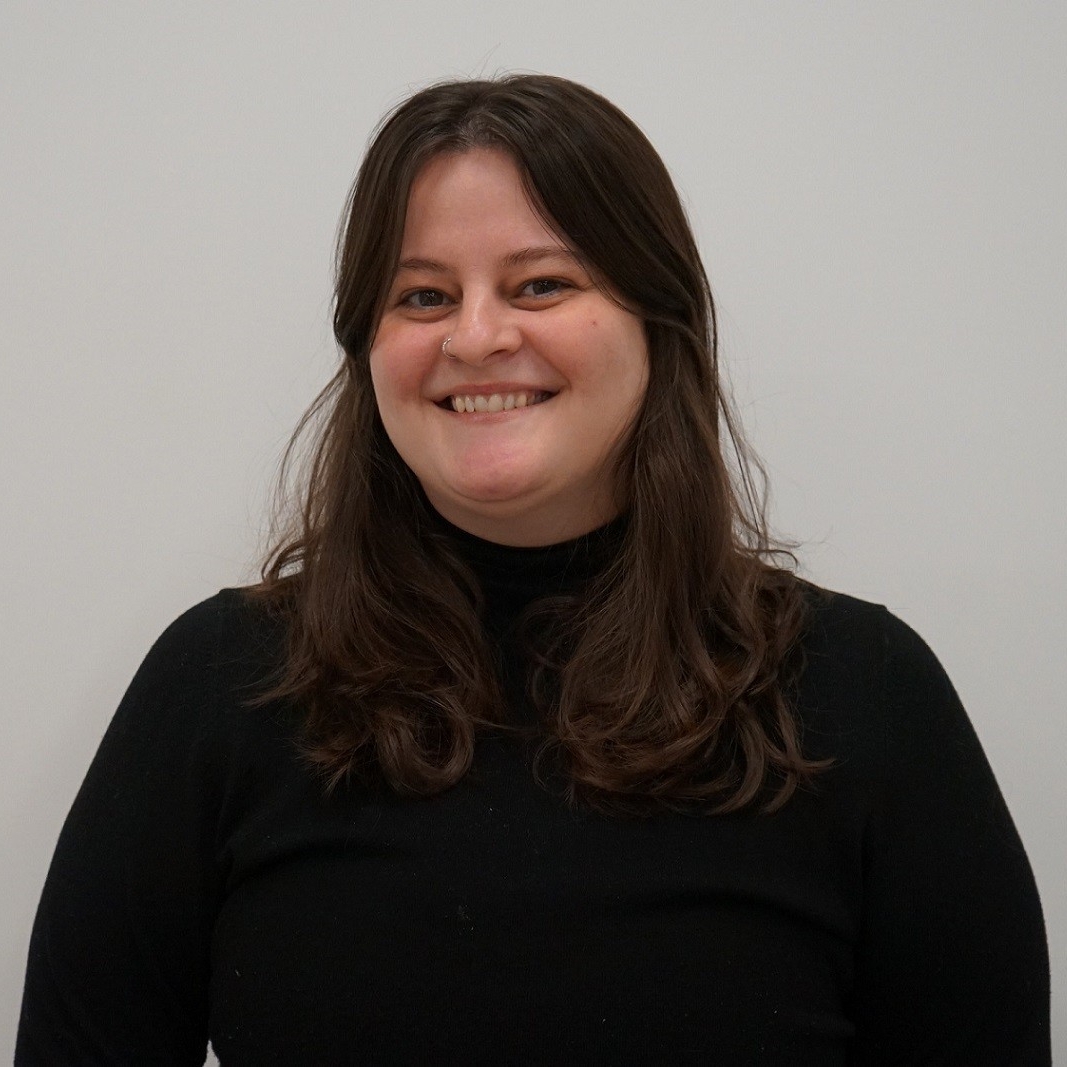
Maria Oliveira
Member since 2025
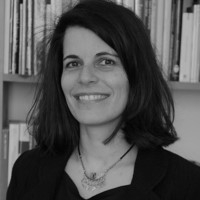
Isabel Heck
Member since 2025
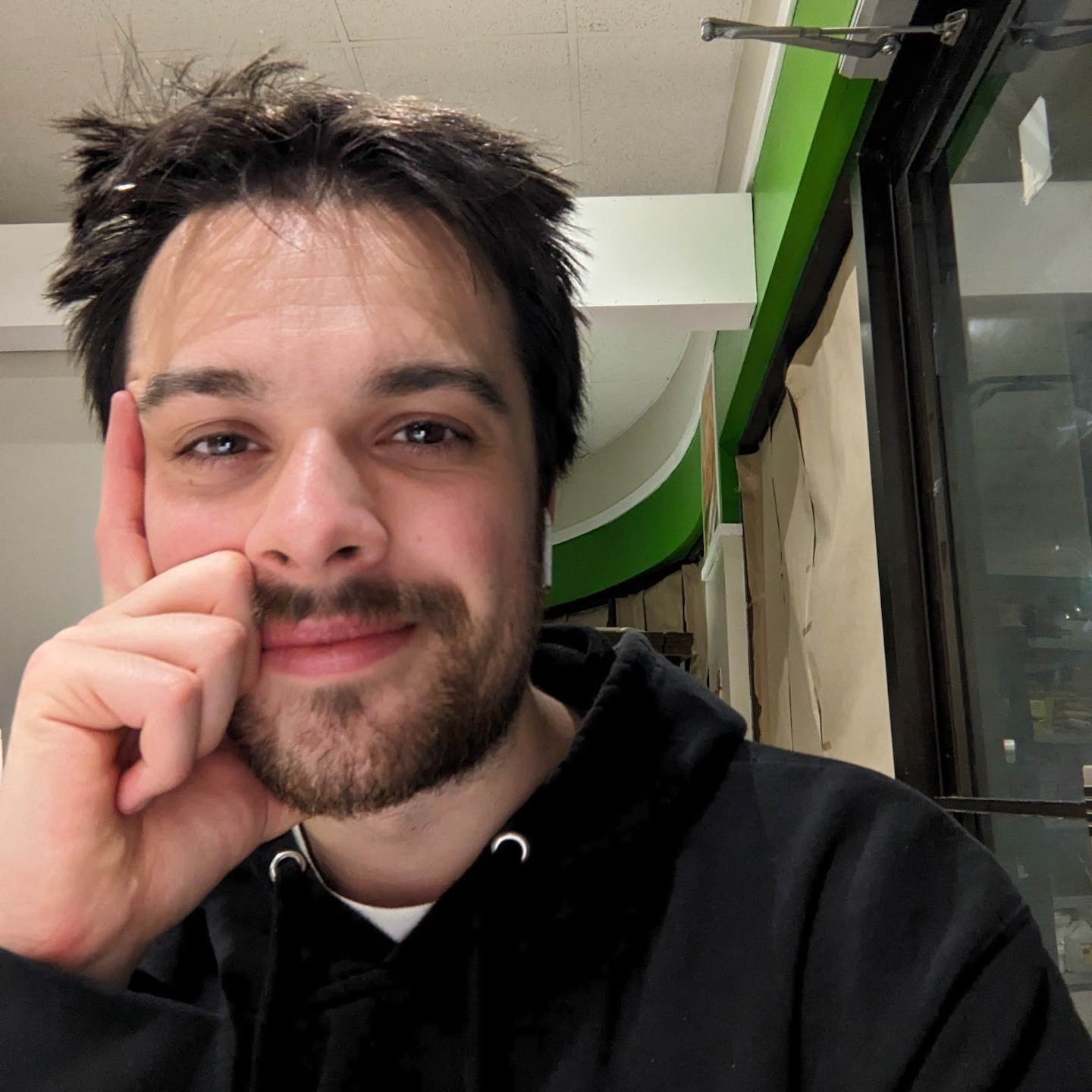
Dagen Perrot
Steering Committee Liaison
Member since 2026
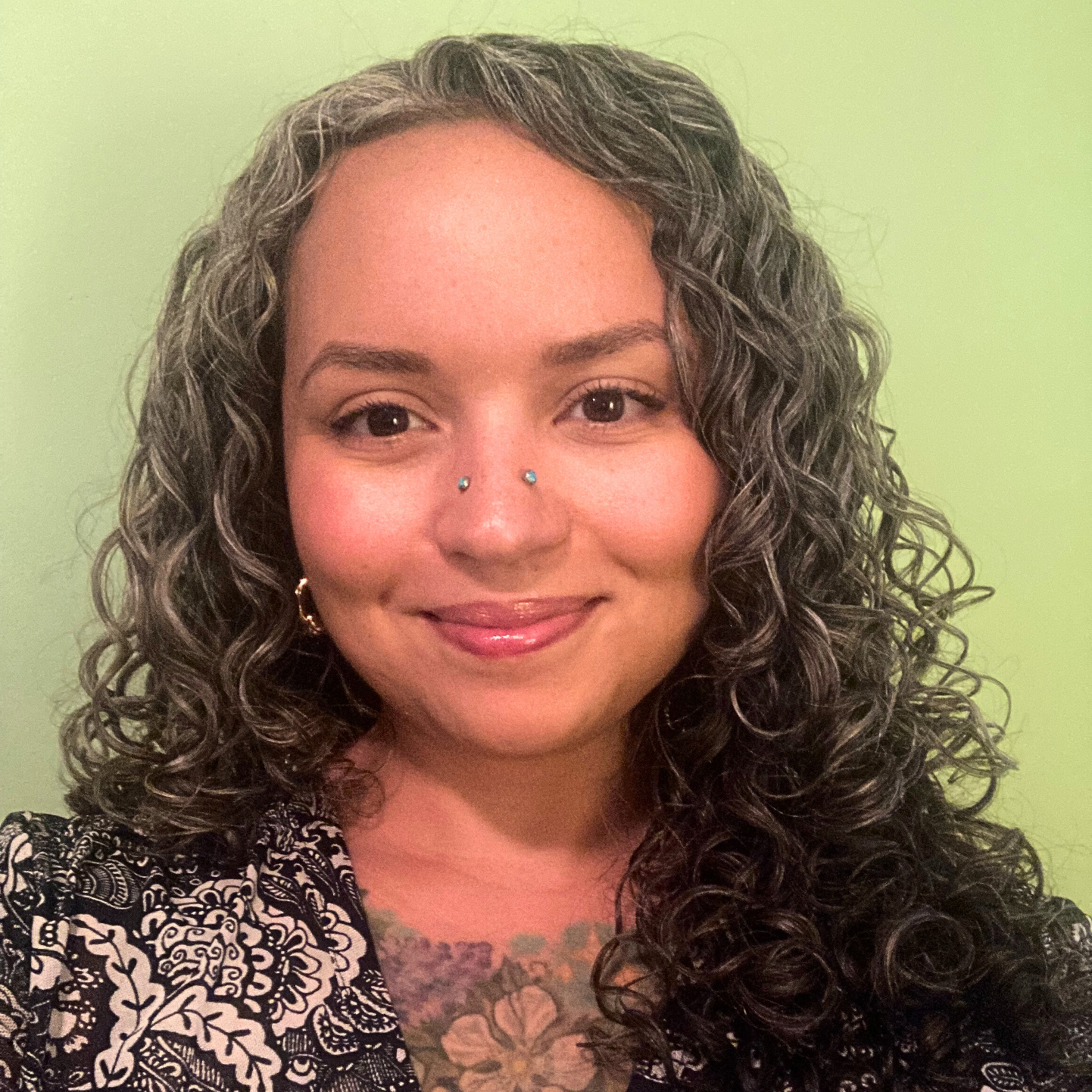
Sasha Simmons
Member since 2025

Elisabeth Cramer
SHIFT Program Manager, Community-based learning & research
Fund Disbursement Hub
The Fund Disbursement Hub ensures that SHIFT’s funding opportunities act as efficient mechanisms to identify potential partnerships with promising initiatives, and provide ongoing support to members of the SHIFT Learning Community. Members contribute their expertise and perspectives to increase accessibility and transparency of SHIFT’s funding processes and evaluate their effectiveness.
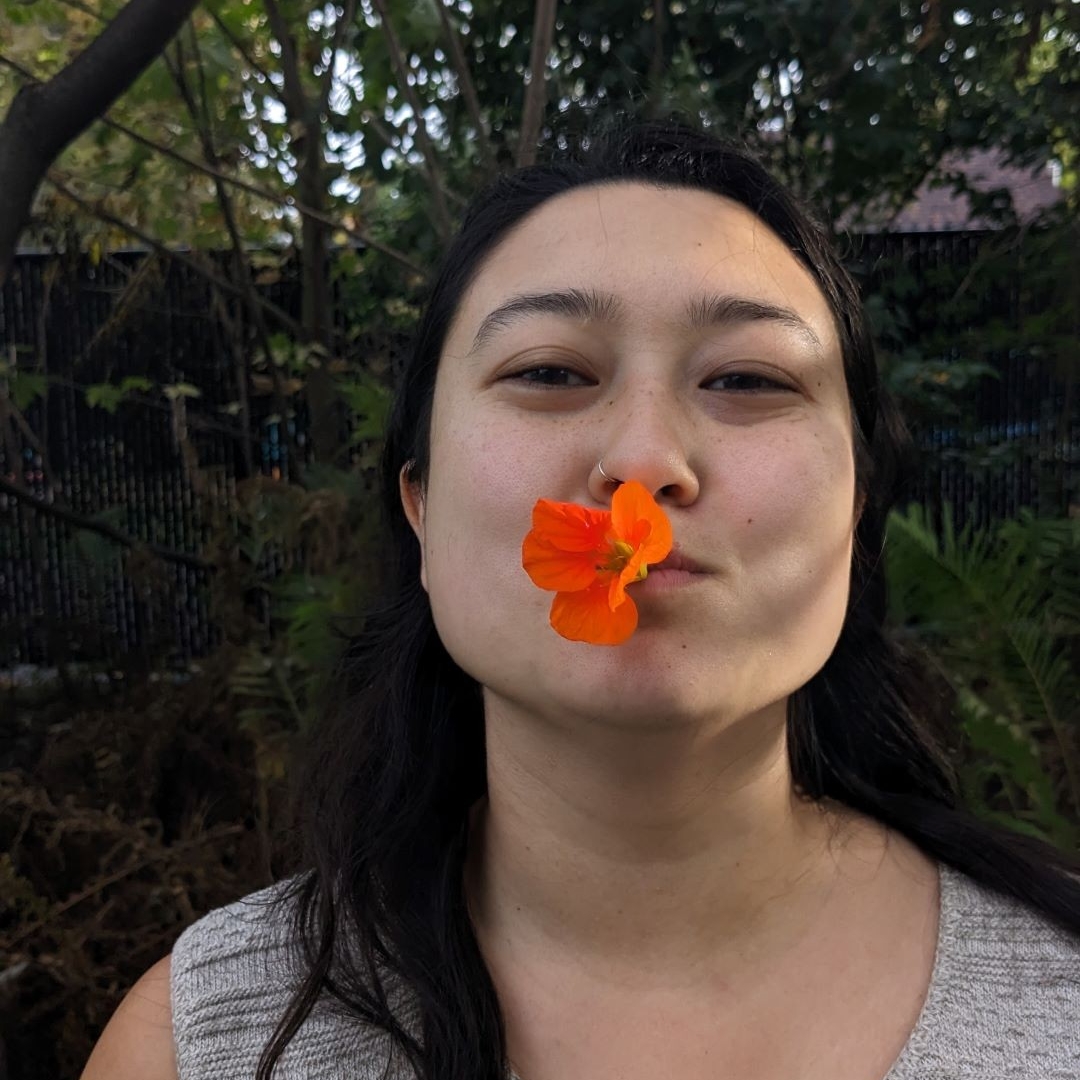
Manna Hee
Member since 2025

Shawna Moore
Steering Committee liaison
Member since 2025
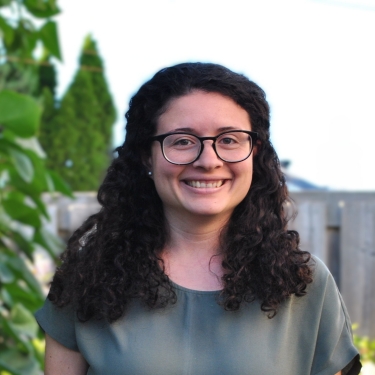
Erika Massoud
Member since 2026

Carole Murithi
Member since 2026

Richenda Grazette
SHIFT Lead, Community Leadership and Capacity
Participatory Governance Hub
Governance Hub members are passionate about how healthy organizational processes and decision-making structures can contribute positively to social change. Their work is focused on ensuring that SHIFT’s governance model is of greatest possible benefit to our mission, and on sharing what we’re learning at SHIFT with others interested in the transformative power of alternative governance systems.
Collaborative Space Hub
The Collaborative Space Hub is tasked with enabling a dynamic and welcoming space for the SHIFT community and the broader social transformation ecosystem. Together, members of the hub make decisions to ensure that the space becomes a shared resource for the community, provides programming with opportunities to deepen engagement with SHIFT, and contributes to the collective learning about the potential of collaborative spaces.
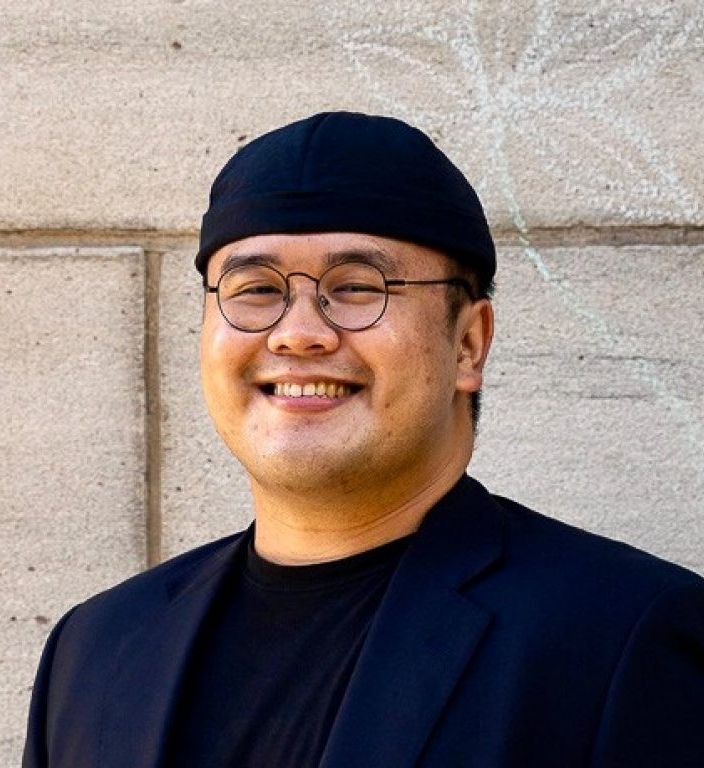
Jon Marvin Reyes
Member since 2024
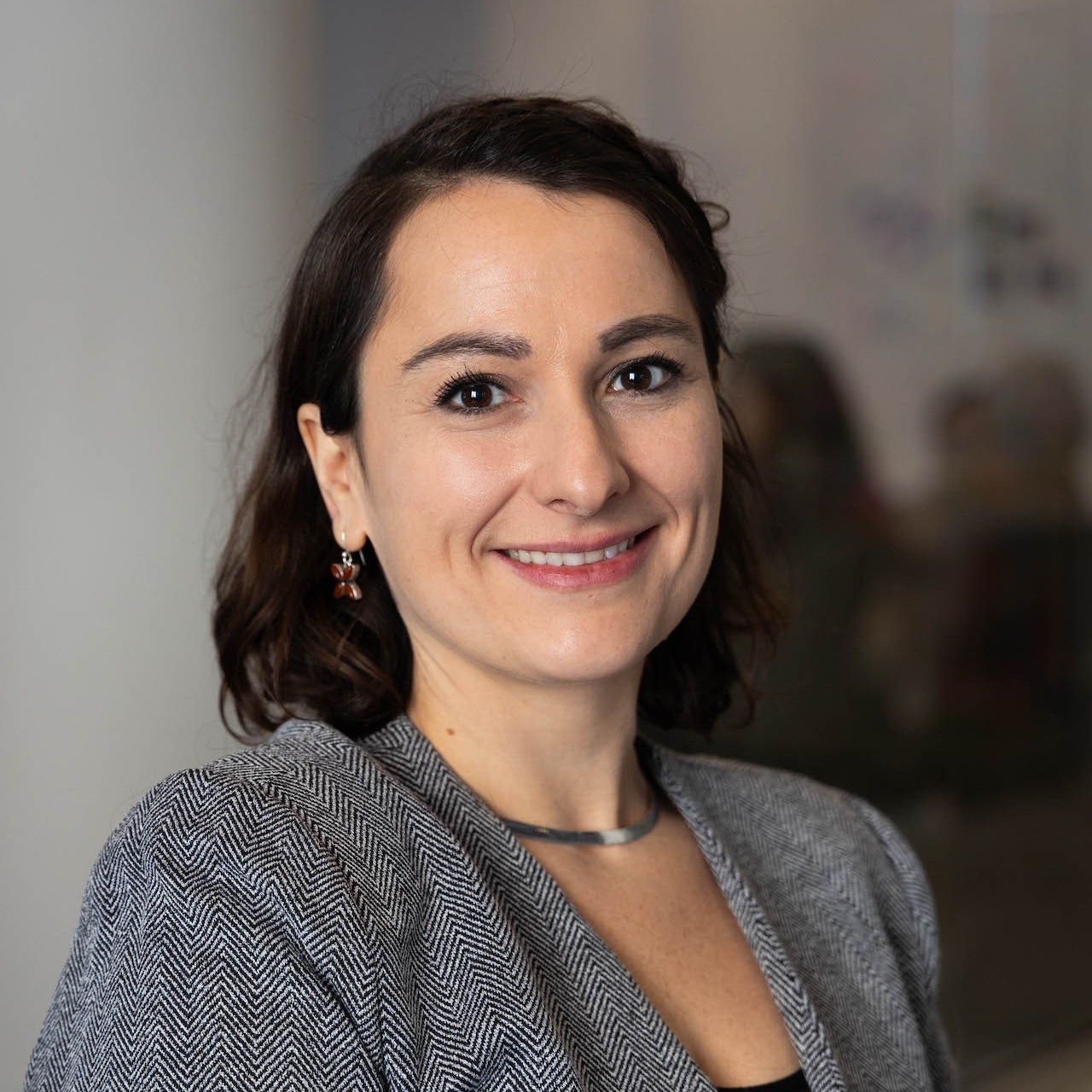
Constance Lafontaine
Steering Committee Liaison
Member since 2026

Hannah Ostiguy Hopp
Member since 2023
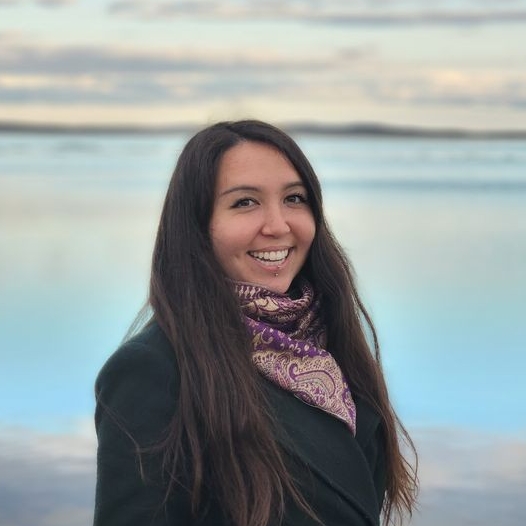
Christine Qillasiq Lussier
Member since 2026
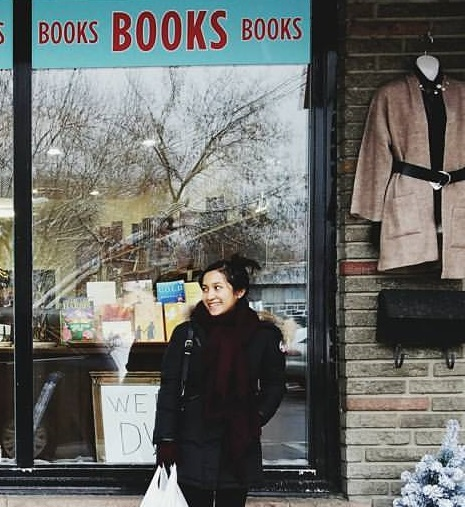
Aseema Kabir
Member since 2023
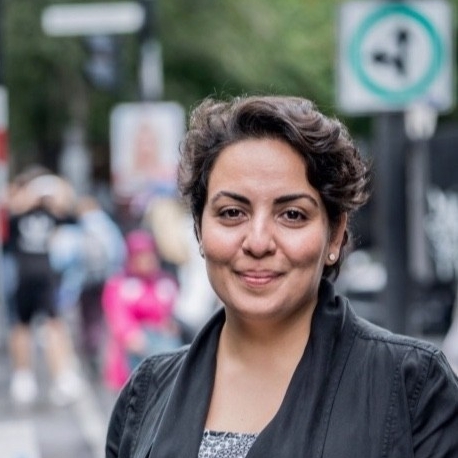
Emma Harake
SHIFT Lead, Collaborative Space







